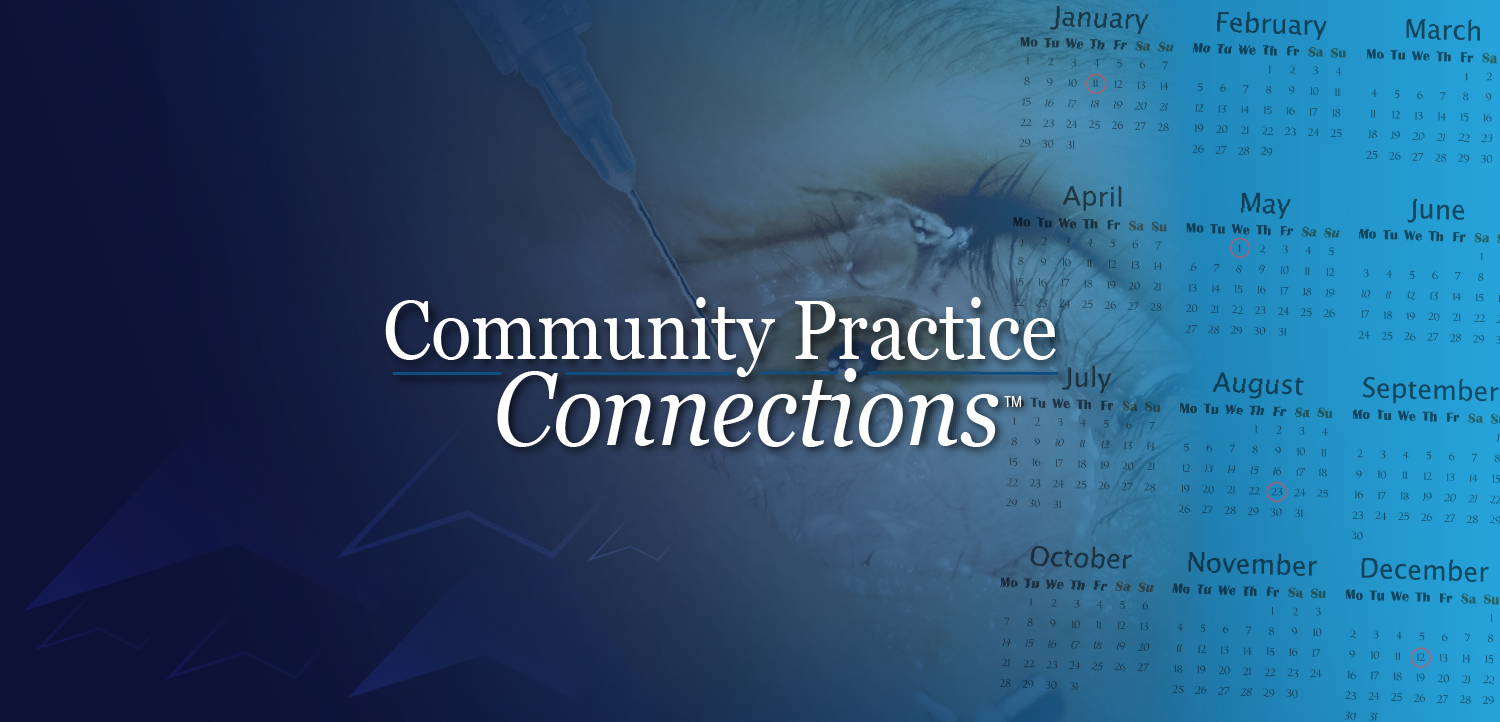
What's new in optometry law
This is the second in a series of regular legislative updates on new laws that affect optometrists around the country. The laws governing optometrists across the country are constantly evolving, so it can be hard to keep track of who can do what from state to state. New laws in one state can lay the groundwork for similar changes in another.
This is the second in a series of regular legislative updates on new laws that affect optometrists around the country. The laws governing optometrists across the country are constantly evolving, so it can be hard to keep track of who can do what from state to state. New laws in one state can lay the groundwork for similar changes in another.
“Every state initiative can advance our profession and is important to the American Optometric Association (AOA),” says AOA President Steve Loomis, OD.
Some of the new laws are smaller victories, while others will change the way optometrists in that state do business. And other victories came in the form of blocking laws that would be threats to optometry.
“Of course, state associations determine their own specific priorities for each legislative session, and the AOA works state-by-state to help pass these bills, including for expansion of scope, to fix abusive policies imposed by insurers and vision plans, and to strengthen public health and quality care safeguards,” says Dr. Loomis. “Also, whenever and wherever there is a concern about bill attacking optometry or potentially undermining patient care, the AOA helps state associations fight back and defeat it.”
Related:
The latest on the UPP battle
Earlier this year, 1-800 CONTACTS-backed legislation that attempted to block unilateral pricing polices (UPP) was introduced in 14 states around the country. According to Dr. Loomis, over the last few months, anti-UPP legislation was defeated thanks to advocacy responses by state associations in six of the targeted states:
Related:
But the fight isn’t over. There are still anti-UPP bills pending in California, Illinois, Minnesota, New York, Oregon, Rhode Island, and Washington. And Dr. Loomis says more states may see further action as 2016 grows closer.
Despite fending off anti-UPP legislation, Arizona
“The AOA stands ready to help affiliates battle such harmful legislation,” says Dr. Loomis.
California
Three new laws in California will affect optometrists.
The first will go into effect on January 1, 2016, and establishes new, enforceable rules for business relationships among ODs and opticians, optical companies, and health plans, including the outlawing of employment by opticians of optometrists.
Read:
As of January 1, a registered dispensing optician, optical company, and health plan will no longer be allowed to newly employ an optometrist. For those that currently employ ODs, there will be a three-year transition period during which they must convert to a landlord-tenant arrangement.
“AB 684 is all about safeguarding a doctor of optometry’s independent clinical judgement for the benefit of the patient,” says Barry Weissman, OD, PhD, FAAO, California Optometric Association president. “Importantly for doctors, the measure contains enforceable protections to ensure the doctor will be able to maintain exclusive control over his or her practice. For doctors currently employed in a retail setting, it is anticipated they will be offered a lease or employment from a doctor who has leased space at the establishment over the next three years.”
The state also enacted a law that will allow for a therapeutic pharmaceutical agents (TPA) certification for optometrists who have not yet obtained it. Optometrists who graduated before 1996 were left with few pathways to obtain TPA certification because many TPA stand-alone courses were discontinued. After 1996, students graduated optometry school with TPA certification. This new law will clarify the pathway for those ODs who graduated prior to 1996.
And finally, California passed a law that requires health plans and insurers to provide updated provider directories and sets standards on how to make this possible. This measure also requires online directories to be updated at least weekly. Further, it requires health plans or insurers to reimburse enrollees for any amount over what they would have paid for in-network services in circumstances where the enrollee reasonably relied upon inaccurate, incomplete, misleading or confusing information in a provider’s directory.
“This legislation builds upon the promise of the Affordable Care Act’s goal of increasing access to care,” says Dr. Weissman. “Consistently accurate provider directories are an integral component to assisting the public in locating doctors accepting their insurance and the resulting timely access to vision and eye health care. It also will help decrease the uncomfortable and costly situations when a patient comes to the practice and learns the doctor is not a provider for the plan.”
Pennsylvania
In the spirit of keeping students safe, Pennsylvania enacted a law that requires school bus drivers to carry a certificate of physical and vision examination. An optometrist or ophthalmologist must conduct the vision examination.
What’s in the works
A number of bills are in various stages that could affect optometrists in the coming months should they become laws:
•
•
•
•
•
In case you missed it:
Newsletter
Want more insights like this? Subscribe to Optometry Times and get clinical pearls and practice tips delivered straight to your inbox.
















































.png)


